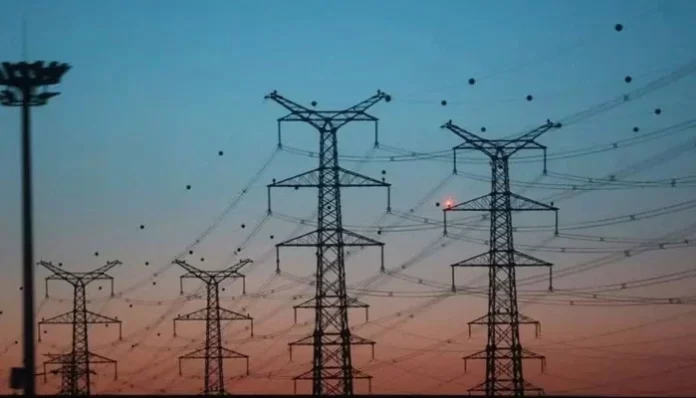The Power Division sought a staggered application of a roughly Rs10 per unit increase in K-Electric’s applicable tariff on Monday, despite strong opposition from Karachi-based industrial and political leaders and serious concerns from members of the National Electric Power Regulatory Authority (Nepra) about the detrimental economic impact of rising energy prices.
According to the regulator’s case officers at a public hearing presided over by Nepra Chairman Waseem Mukhtar, the three separate quarterly tariff adjustments requested by the Power Division worked out to an increase of Rs8.70 per unit in KE’s average tariff, but the cumulative impact rose to Rs11 per unit after taking into account the general sales tax. Without factoring in the 18% GST, the increase in business tariffs would be Rs. 10 per unit.
This is awful. How would consumers cope with this, and how would the industry survive? asked Muthar Niaz Rana, a Balochistan-representing Nepra member, on tariff, noting that the electricity rates for industry without taxes would rise to Rs47 per unit from Rs37 at the moment. He was informed that the domestic tariff would also rise for orders over 700 units, from Rs 42 to Rs 52 (excluding taxes, surcharges, and other levies).
Rafique A. Shaikh, a technical member from Sindh, and Maqsood Anwar Khan, a member from Khyber Pakhtunkhwa, both expressed similar worries that the industry wouldn’t be able to meet export orders and cause more unemployment, which should be a serious concern for everyone. According to Mr. Rana, this would impede economic activity, harm recoveries, and set off a vicious cycle of further tariff increases.
He claimed that the Power Division had been instructed to conduct a sensitivity analysis of the tariff policy in order to determine whether or not different consumer categories could afford it or if it had already exceeded affordability thresholds, but lamented that there had been no advancement on that front.
Amina Ahmed, a member of Nepra’s Law Committee from Punjab, voiced her displeasure with the government’s policy guidelines regarding the application of KE’s outstanding quarterly tariff adjustments on par with discos and bemoaned the Power Division’s failure to provide legal protection for all previous adjustments despite twice having been given a draft of the legal language.
The Power Division representatives stated that they had complied with the Nepra’s written requirement but would receive a revised endorsement from the caretaker cabinet if some details were still lacking.
According to businessmen Tanveer Bari and Arif Bilwani and Jamaat-e-Islami leader Hafiz Naeem ur Rehman, it appears that the Power Division has decided to shut down the industry because the net impact after taking into account the proposed quarterly adjustments and the Rs7.5 per unit increase in base tariff that will take effect in July exceeded Rs20 after taxes. They claimed that over Rs 50 billion from KE’s claw-back mechanism was not reaching consumers and that the government was giving gas and electricity to KE without any sort of agreement. They demanded that the petitions for tariff increases be denied.
The chairman of Nepra stated that the proposed tariff adjustments appeared to be harmful to business and the economy as a whole and that the government should also take other options into consideration, such as providing businesses with lower rates in exchange for increased consumption, to lessen the effects of a significant price shock.
According to Mehfooz Bhatti, joint secretary for the power division, the government was aware of the situation and was considering ways to support business within its limited framework.
He advised applying the 47 paise and Rs1.52 per unit adjustments as of November, when the first adjustment of Rs3.55 per unit would expire, as a temporary measure. According to the power division’s presentation, KE’s tariff is currently lower than Discos but will gradually increase over the coming months once the backlog is cleared because Discos customers have already paid for these adjustments.






